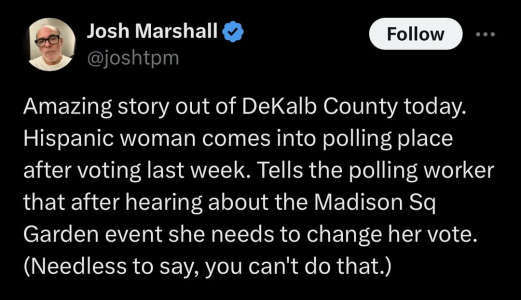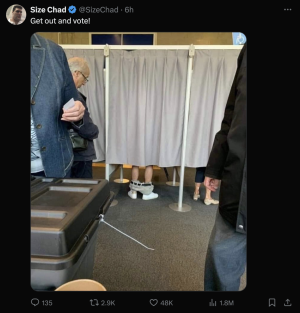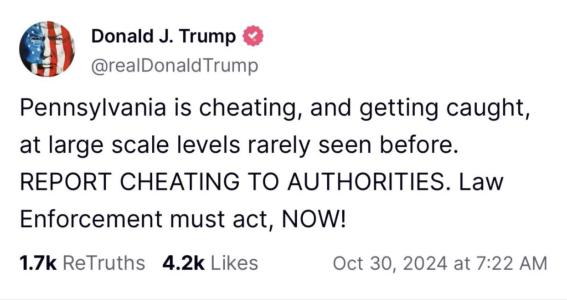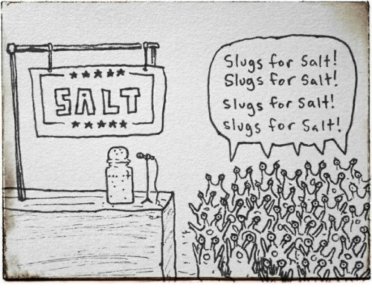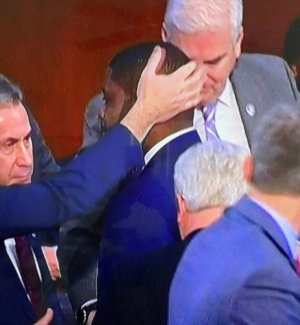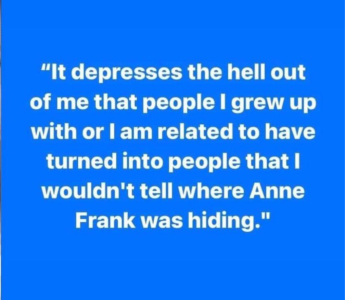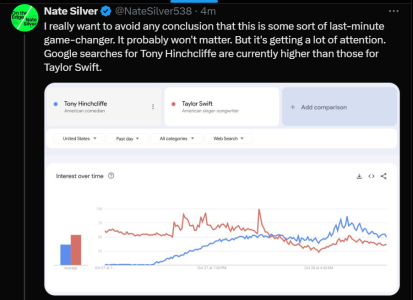On Thursday evening, the election board of Randolph County, Georgia, met to discuss
a startling proposal to eliminate three-fourths of the county’s polling places months before the November election. A rural, impoverished, and predominantly black county, Randolph has just nine polling locations, all of which were open during the May primaries and
July runoffs. The election board may soon shut down seven of them, including one in a precinct where
about 97 percent of voters are black. Its plan would compel residents, many of whom have no car or access to public transit, to travel as much as 30 miles round trip to reach the nearest polling place.
Because of its history of racist voting laws, Randolph County was once required to seek federal permission before altering its election procedures. But after the Supreme Court
gutted this oversight in 2013, the county was freed to crack down on the franchise. It is no coincidence that its election board chose this moment to shutter most of its polls: In November, the popular Democrat Stacey Abrams will compete for the governorship against Republican Brian Kemp, the current Georgia secretary of state. Kemp, who has devoted his time in office to
a ruthless campaign of voter suppression,
called upon Randolph County to abandon the plan when it spurred widespread outrage. That being said, the key figure in the Randolph County controversy is a Kemp ally who was handpicked by the secretary of state to close polls throughout Georgia.
To understand the brazen attack on black suffrage now occurring in Randolph County, it’s important to remember that Georgia is in the midst of a seismic demographic shift. As whites
cease to be the majority in more and more counties, Republicans have clung to power by disenfranchising minority voters. Kemp’s opposition to the Randolph County plan marks the first time that he has adopted an affirmatively pro-suffrage stance. During his nearly eight years as secretary of state, Kemp engaged in
mass voter purges, removing
hundreds of thousands of voters from the rolls. State officials appear to have
singled out black voters in targeted purges.
Kemp also canceled or suspended 35,000 voter registrations using Exact Match, a version of Kris Kobach’s
notorious Crosscheck program that compares registrants’ information with motor vehicle and Social Security databases. If a single
letter, space, or hyphen did not match the database information, the voter application was rejected. Black voters were
eight times more likely than whites to have their registrations halted due to Exact Match.
Perhaps most egregiously, Kemp
launched an investigation into Abrams’ efforts to register more minority voters despite no evidence of fraud. He used the probe to
harass and intimidate voting rights advocates. Later, he
refused to register 40,000 would-be voters who had signed up through the drive. Speaking to Republicans behind closed doors, Kemp
explained the stakes: “Registering all these minority voters that are out there … if they can do that, they can win these elections.” During Kemp’s tenure, Georgia’s population has increased substantially—yet the number of registered voters has
actually gone down.
It should come as no surprise, then, that Kemp seems to have played a major role in the Randolph County poll closures. At the meeting on Thursday night, the election board revealed that the move had been encouraged by Mike Malone, an associate of Kemp’s. Malone, who attended the meeting, explained that Kemp—who now claims that the poll closures are a bad idea—had asked him to go around the state and “recommend polling place closures” to various counties. Ten Georgia counties have already taken Malone’s suggestions and closed polling places. All of those counties have
large black populations.
Malone has claimed that he chose which polls to close by gauging their compliance with the Americans With Disabilities Act. Rather than target certain communities, he merely advised election boards to shutter polling places that are not ADA compliant. Notably, many of these locations are government buildings that should already comply with ADA regulations. (Several polling places selected for closure in Randolph County, for instance, are fire stations.) But rather than direct counties to fix whatever ADA problems they might have, Malone simply suggested these locations be scrapped.
At Thursday’s meeting, a county resident also asked Malone whether he had considered finding alternative polling places, like churches, that might be ADA compliant. Malone shot back that he was “not hired to find alternatives.” Another resident asked how much he was being paid for his consultant work. He refused to answer.
Sean J. Young, legal director of the Georgia chapter of the American Civil Liberties Union, told me on Friday that he found Malone’s answers disturbing.
“The purpose of this ‘consultancy’ is not to explore the best ways to serve the voters with polling places that are up to code,” Young said. “It’s to shut down polling places. This alleged concern with ADA compliance is a total sham.”
Young has already
threatened to sue the county if it moves forward with Malone’s plan, alleging that the poll closures would violate a remaining provision of the Voting Rights Act as well as the 14th and 15th amendments. He told me that the Georgia ACLU is “demanding that the secretary of state immediately rescind his sponsorship” of Malone and “equip the counties to reverse the damage that he has already caused” in other counties. Most importantly, though, he believes the Randolph County election board—which, thanks to a resignation, has just two members—“needs to immediately reject this proposal.” A vote is now scheduled for Aug. 24, though the board mulled postponing that vote at Thursday’s meeting.
Kemp’s decision to
oppose Malone’s proposal, a move he announced via a spokeswoman on Thursday night, represents a marked turn away from his policies of the past. (Abrams also denounced the plan,
in much stronger language.) The secretary of state has not, however, disavowed Malone or his handiwork in 10 other counties with similarly diverse demographics. Kemp seems to have perceived the immense backlash spurred by
early reports of the Randolph County closures and recognized that the scheme is indefensible.
But Kemp doesn’t need to continue shuttering polling places to disenfranchise minority voters in November. He has spent eight years purging black voters from the rolls and canceling their registrations. Last-minute chicanery may be helpful to Kemp, but it probably isn’t worth the publicity nightmare. It’s possible he’s already suppressed enough to votes to win himself four years in the governor’s mansion, a perch he’d doubtless use to continue his
erosion of democracy in Georgia.























